Update: August 4, 2025 - After 30 years, on June 30 Brown University abruptly shut down the Choices Program and all its curriculum and resources.
Guest post by Max Chervin Bridge
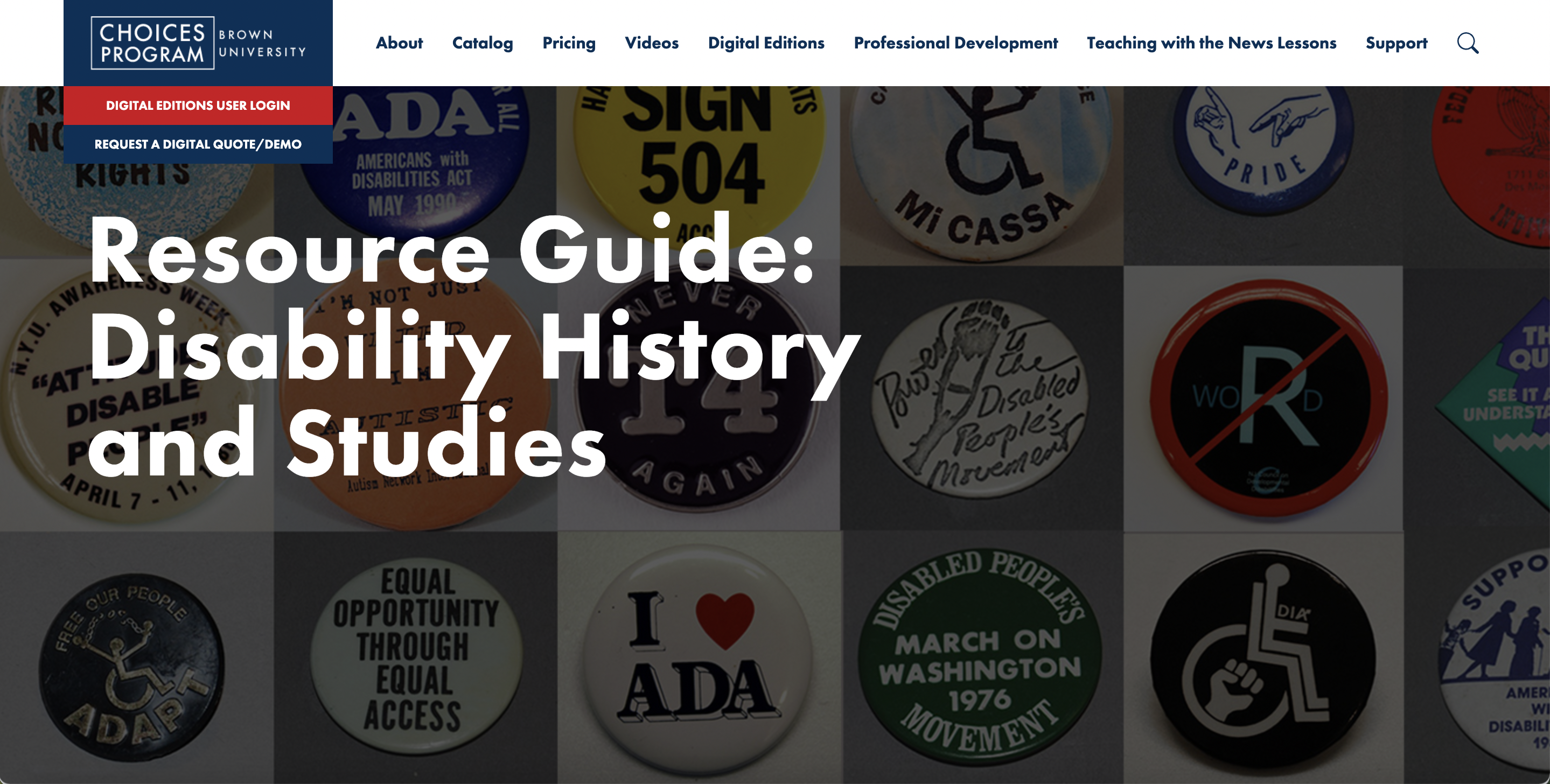
Update: August 4, 2025 - After 30 years, on June 30 Brown University abruptly shut down the Choices Program and all its curriculum and resources.
Guest post by Max Chervin Bridge
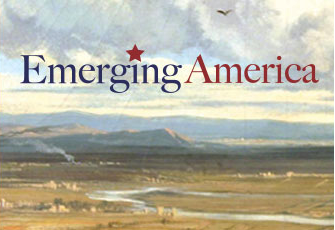
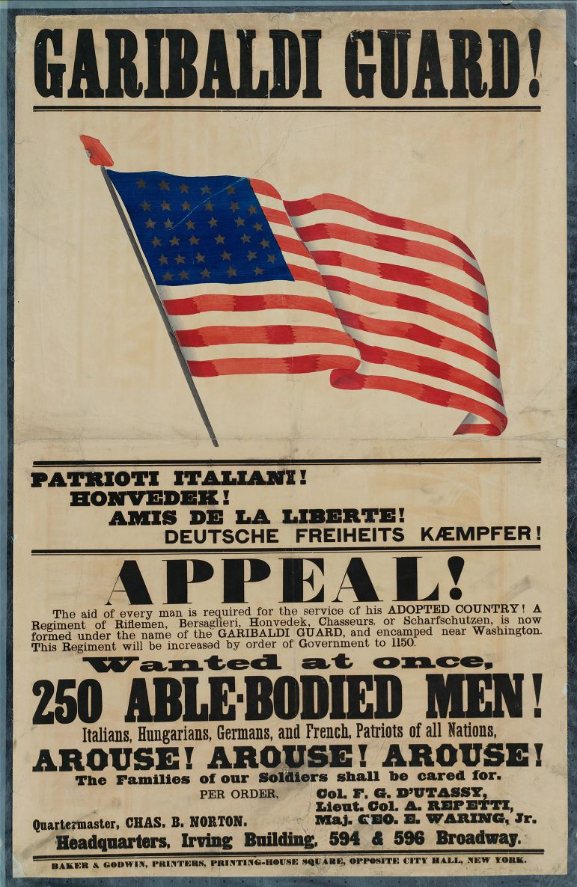
Guest post by Jacqueline LaFrance
LaFrance is the Massachusetts Council for the Social Studies co-facilitator for a professional learning community (PLC) bringing together history teachers and English Language Development specialists most months to consider how best to support multilingual learners in history classrooms. The PLC is part of the English Learner Collaborations project, sup…

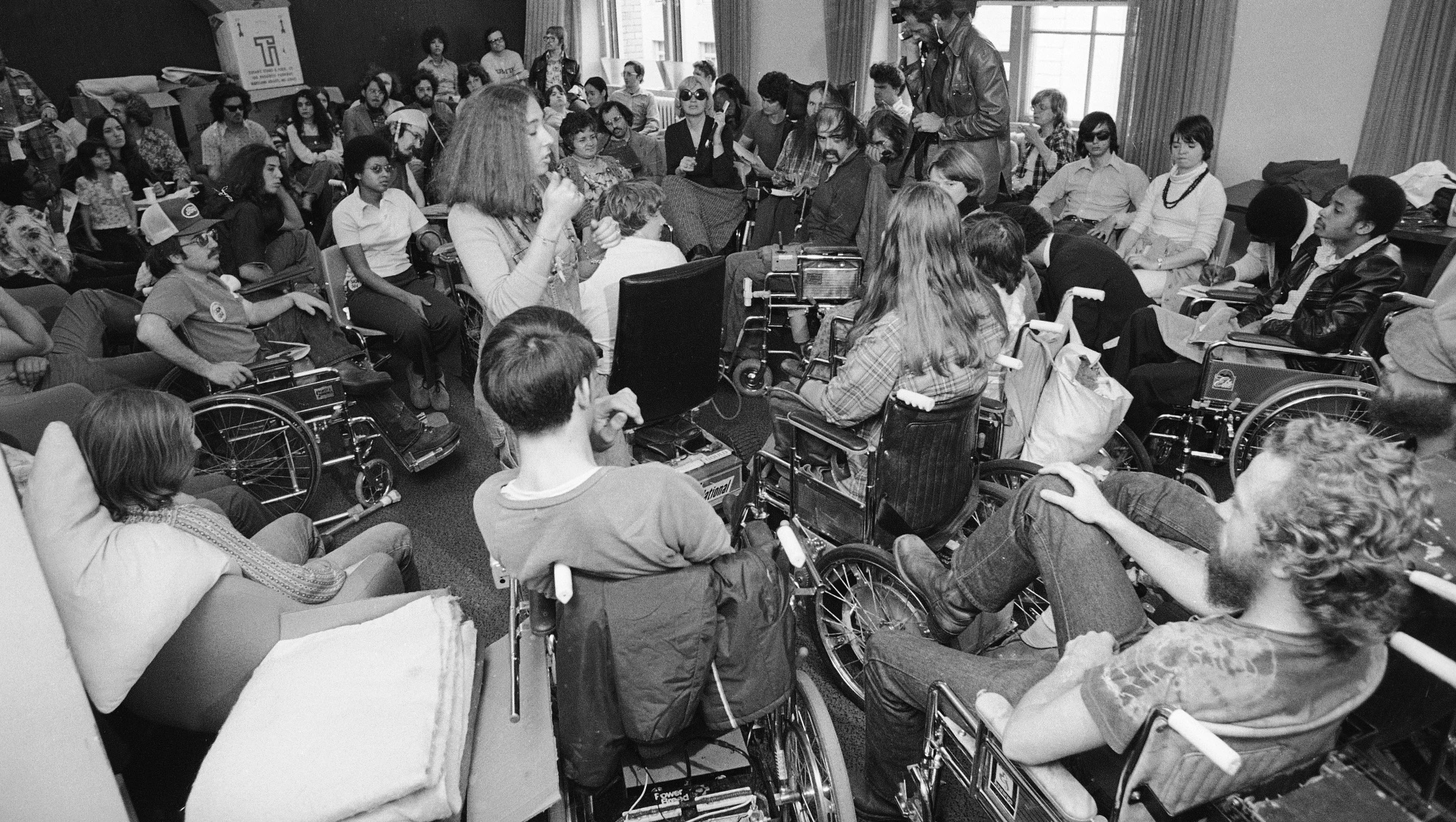
See the article at Teaching disability history in schools is 'long overdue,' advocates say. Teachers, community advocates, and resource leaders comment on developments in the growing field. Follow links to legislation from multiple states.
See the introduction to the quiz bel…

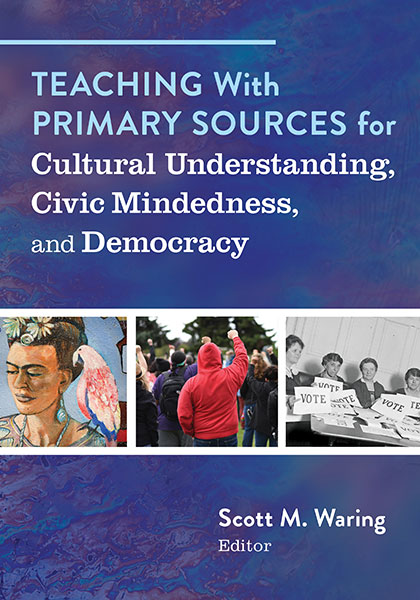
Purchase this new book on Teaching with Primary Sources from Teachers College Press.
This useful new volume is edited by Scott Waring, professor at the University of Central Florida and longtime leader in the National Council for Social Studies, and Library of Congress Teaching with Primary Sources Consortium. Several chapters feature ideas and examples…


Post by Rich Cairn and Ross Newton
"Court cases are great for teaching history because they often deal with concrete details from everyday life."
- Ross Newton, High School History teacher, HEC Academy.
Teaching with Court Cases
Many teachers teach students to read and analyze famous court cases such as Brown v. Board of Education and Miranda v.…

© 2020 Collaborative for Educational Services - All Rights Reserved